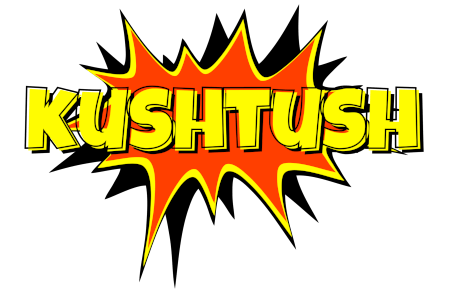If you want to be able to play poker like a pro, you’ll need some expert tips to get you started on the right track.
1. Understand When to Play Hold Em
Knowledge of the game’s odds, as well as the ability to monitor other players, are two crucial skills for succeeding at poker and should be learned by anyone serious about playing the game online. When you’re comfortable enough with card and hand values to focus on more than just the hand in front of you, you should start observing both the other players at the table and, in games like Texas Hold’em and 7-Card Stud, the other cards visible on the table.
You can judge the relative strength of your hand more correctly if you know which cards from the normal 52-card deck were dealt to you. If analyzing poker hands is a key priority for you, another alternative is to play video poker in a Canadian dollar casino. Video poker is an effective way to learn the value of different hands and master hand rankings. If you’ve done some basic statistics reading, you should be able to get a better idea of which of your opponents’ hands might be able to beat yours. If you’ve read enough statistics, this should be achievable.
After observing other players for a while, you may be able to pick up on tells that signal when they’re bluffing, or signs that indicate they’re sitting on a really powerful hand but trying to underplay it to attract more bets. Both of these can be detected if you pay close attention.
2. Recognize When It’s Time to Fold ’em
If you are new to poker, you are not compelled to play every hand, and this is possibly the most crucial lesson you can learn. Do some research on the sort of poker you want to play, and listen to what seasoned players have to say about what constitutes a hand worth opening on and what the prerequisites should be for continuing to bet on it.
According to seasoned players, the ideal strategy for winning in poker is to bet large when you have strong cards and to bluff sometimes when you are confident that your opponent does not have a strong enough hand to call your bet. If you find yourself playing more than half of the cards given to you, you may need to change your strategy and establish a higher minimum threshold for what constitutes a solid starting hand.
Bluffing for the sake of bluffing, especially in no-limit games, is a great tactic for a rookie poker player who wants to become a broke ex-poker player as soon as possible. When more experienced poker players notice that you are prepared to wager on almost anything to frighten them, they will rapidly take you down and empty your clock.
3. Recognize When It’s Time to Leave
When you have a bad hand, the ideal strategy is to fold as quickly as feasible. Do not, on the other hand, fall into the conventional gambler’s trap of refusing to give up what you have wagered up to this point, even if you have a strong enough hand to open with but the subsequent cards do not produce the desired result.
If you don’t believe you have a chance to win a hand and your opponent has made a strong raise, calling to ensure that their hand can truly beat yours rather than folding is a waste of money and effort. Folding is the superior option.
4. Recognize When to Take a Chance
Poker is a game that requires focus and concentration, not just on your own hand, but also on the other cards on the table and the other players’ behavior. If you’re in a bad mood, distracted by personal matters, or stressed out at work, stay away from the poker table. This is especially critical if you’ve been drinking.
5. After the transaction is completed, it is time to count your money
With all due respect to Kenny Rogers, I’d like to stress that poker is intended to be a fun sport played with money that one can afford to lose. Despite the fact that this method occasionally results in significant victories, playing because you are desperate for the money is a prescription for disaster.
As a result, choose a game with stakes and constraints that are within your financial means, and set a definite budget that you do not exceed. Instead of constantly checking the size of your chip stack, this method will allow you to focus on playing poker to the best of your ability.
- Enhancing Trust with Blockchain Identity Verification - January 24, 2024
- How Marijuana Turns You into a Food Lover - December 1, 2023
- Behind the Scenes of the U.S. Nuclear Gun - November 28, 2023

